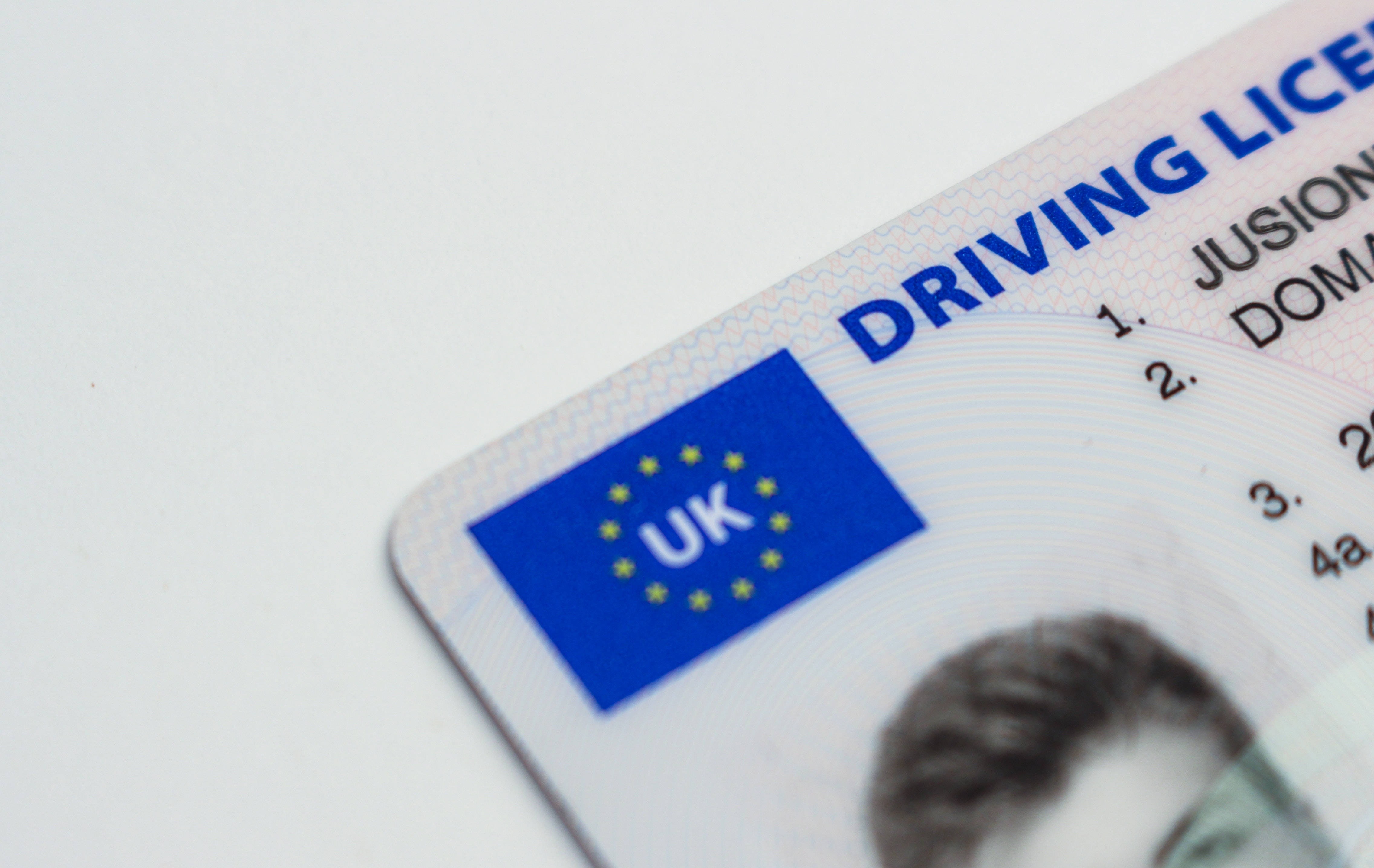 Driving Test Nerves Tips: It was a pleasant surprise, to me, when I started to get inquiries from nervous drivers interested in hypnotherapy. Some of these inquiries were from people who had already passed their driving test; things such as motorways, town traffic or manoeuvres. But more than half of these inquiries were from learners looking for help with their driving test nerves.
Driving Test Nerves Tips: It was a pleasant surprise, to me, when I started to get inquiries from nervous drivers interested in hypnotherapy. Some of these inquiries were from people who had already passed their driving test; things such as motorways, town traffic or manoeuvres. But more than half of these inquiries were from learners looking for help with their driving test nerves.
I’ve now started working in coordination with several driving instructors; they make sure that they help their students to get the most from our sessions and I make sure the help I give is tailored to what their instructor thinks they need the most help with. (I recently got into the local papers with this collaboration)
There are a few really helpful mind-hacks I’ve learned about how to specifically help people in this situation, and some of these are pretty hypnotic in nature, so I thought it might be helpful to share a list of driving test nerves tips.
Driving Test Nerves Tips
1. Breathe
 It may sound silly, and maybe you’re thinking “I already breathe”, or “if I stopped breathing I have bigger problems than my driving test nerves!”. Fair enough, but that’s not what I’m talking about.
It may sound silly, and maybe you’re thinking “I already breathe”, or “if I stopped breathing I have bigger problems than my driving test nerves!”. Fair enough, but that’s not what I’m talking about.
Practising intentional calm breathing in advance of your test will give you a mental reset button, should you start to feel the panic rising. There are some good scientific reasons for why this is helpful, but these are beyond the scope of this list, so I’ll just describe how to practice.
Step 1: Take a deep breath in for a count of 5, hold for a moment or two, then breathe out for a count of 7.
That’s it!
Getting the counting/timing/speed just right can take a little practice, but not much. When you have become accustomed to the timing you can, if you choose, throw the counting bit away. It’s the breathing bit that’s important.
Practice this before your driving test so that if the driving test nerves hit you have a simple tool at your disposal.
2. Eat
This is pretty simple, make sure you eat before your driving test. It doesn’t have to be a 5-course meal (and probably shouldn’t be!) but make sure you have something. You don’t want to be distracted by hunger or low on energy whilst trying to concentrate and perform well.
3. Sleep
 Get a good night’s sleep the night before. This may be easier said than done when you’re anxious about your upcoming driving test, but go to bed at a reasonable time, don’t have any caffeine later than mid-afternoon, and use the above breathing technique to help you drift off.
Get a good night’s sleep the night before. This may be easier said than done when you’re anxious about your upcoming driving test, but go to bed at a reasonable time, don’t have any caffeine later than mid-afternoon, and use the above breathing technique to help you drift off.
If all else fails, at least get rest.
4. Say no to drugs – OK, Caffeine, say no to caffeine!
Related to the sleep one, avoid caffeine from the afternoon before and don’t over do it on the day. A cup of tea or coffee on the morning will do no harm at all, but caffeine can increase nerves and anxiety, so don’t get jacked up on coffee!
5. Internal dialogue – Be Kind to yourself
We all have an internal dialogue. The thoughts we have, the way we frame these thoughts and the things we say to ourselves have a massive effect on our experience in life.
Pay attention to your internal dialogue, and if you find yourself being overly harsh make a conscious decision to change how you’re talking to yourself.
You wouldn’t allow other people to talk to you in that way, so you shouldn’t let your internal dialogue fall below that standard either.
6. Music
It’s perfectly acceptable to have music playing on your driving test (quietly and unobtrusively, of course!). Choose something calming and non-distracting and get used to driving with it on.
Better than that, play this music at other times when you find it easy to relax and feel good. Your subconscious mind will tie the music to the experience to the feeling of happiness and relaxation, so on your test, it will be primed to provide that same feeling for you.
7. Pretend it’s a mock
Imagining and pretending are staples of hypnotic work. By imagining and pretending hard enough, your subconscious mind will often behave as though this is the reality.
Sometimes you may find that you even forget that you’re just pretending and just get on with.
8. Know you’re ready to pass
If your test was booked at the advice of your instructor then clearly they think you’re ready. They want you to pass. Not just because they care (although I’m sure they do) but because they want a good pass rate; it’s good for business.
Trust that they know what they are talking about, they do this all day. So if they say you’re ready, then you’re ready. Know this to be true.
9. Know that the examiner is not the enemy

As much as your instructor wants you to pass, the examiner does not want to fail you. They are simply looking for a bare minimum of evidence that you can drive safely, and that you can stay in control of the car even when things are challenging.
They know you may be nervous. They also know that you may perform better in lessons, when the pressure is off. They will take this into account, and may even overlook the odd minor infraction.
All the examiners I have asked have said they absolutely love to tell people that they have passed. They get a vicarious enjoyment by seeing how happy the newly qualified driver is at this good news.
10. Have your instructor in the car on the test
Having someone you’re comfortable with in the car with you on the driving test can provide a sense of familiarity.
A bit of moral support never goes amiss either, so ask your instructor to come in the car with you. Should those driving test nerves hit, knowing your instructor is there can help massively; and the instructor can at least offer a comforting smile seen in the rearview mirror.
11. Hypnotherapy
 Maybe you’ve taken on board the above advice, and maybe you’ve searched for more driving test nerves tips, and tried everything else you can think of. Maybe you’ve already taken a test (or two, or more!) but you’re still not able to conquer those driving test nerves.
Maybe you’ve taken on board the above advice, and maybe you’ve searched for more driving test nerves tips, and tried everything else you can think of. Maybe you’ve already taken a test (or two, or more!) but you’re still not able to conquer those driving test nerves.
Do not despair, all is not lost, any reasonably competent hypnotherapist should still be able to help.
The hypnotherapist can help remove the emotions and the feeling of pressure; they can reduce or even remove the feeling associated with previous tests, and replace them with much more positive feelings; They can help you change your internal dialogue to be much more helpful; they can even implant post-hypnotic suggestions to remain calm in that situation.
There are a number of other things a hypnotherapist might be able to help with, which are outside the scope of this list, but please be assured, hypnotherapy has a good track record of helping with exactly these kinds of issues. (Here’s a link to a great article on exactly this subject)
In conclusion
I hope these driving test nerves tips have been helpful. Please feel free to comment and add your own tips, share your experience of how any of this has been helpful to you, or just add your voice to the discussion.
Above all, good luck with your test, I sincerely hope it goes well and you pass easily.
 Sudbury Hypnosis
Sudbury Hypnosis